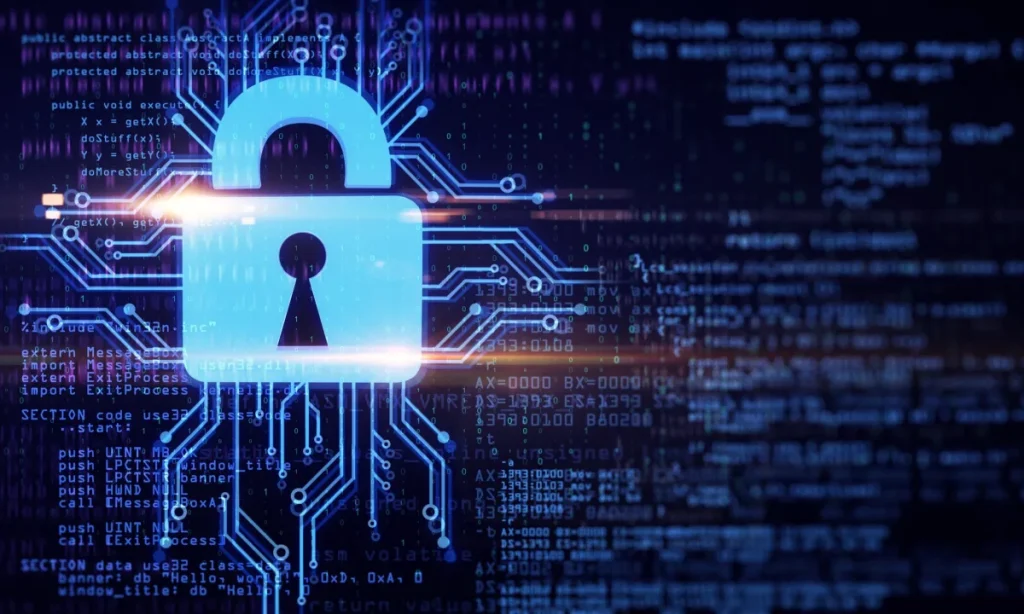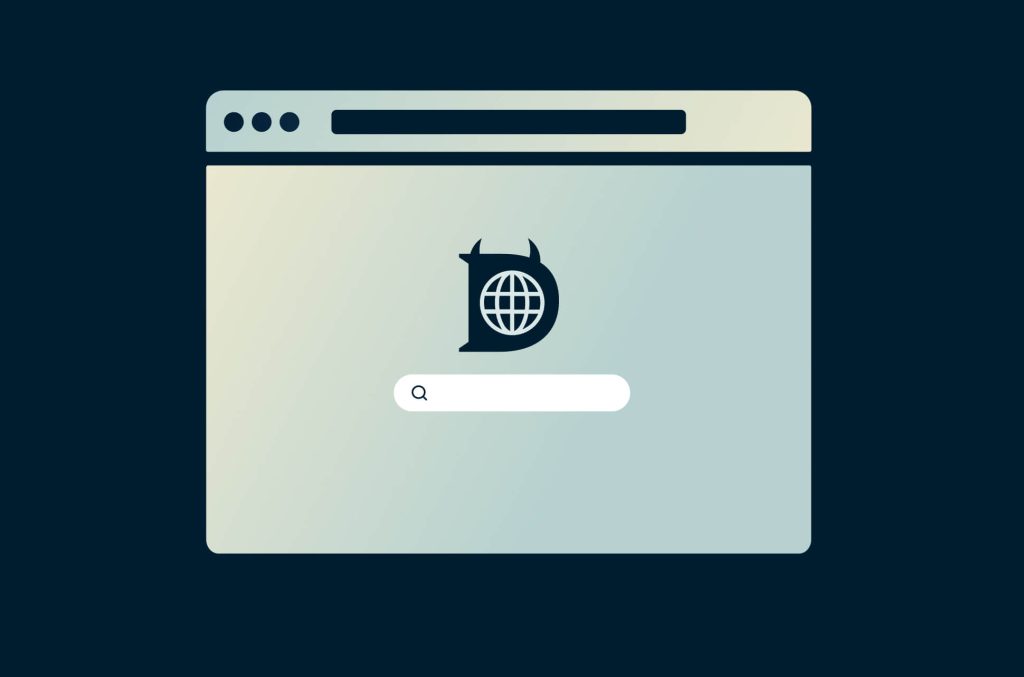High-speed fiber networks deliver unmatched performance, stability, and scalability, enabling communities to thrive in an increasingly connected environment. From supporting modern businesses to transforming education and strengthening family connections, fiber technology plays a critical role in shaping the future.
Fiber Connectivity Matters in a Digital Economy
Fiber connectivity uses advanced infrastructure to transmit data at the speed of light, ensuring consistent and high-capacity internet access. Unlike traditional connections, fiber offers symmetrical speeds, low latency, and greater reliability, even during peak usage times. These advantages make it the preferred choice for modern digital demands.
Key advantages of fiber connectivity include:
- Ultra-fast upload and download speeds
- Stable connections with minimal downtime
- Enhanced security and data integrity
- Long-term scalability for growing needs
Empowering Businesses with Speed and Stability
Businesses rely on seamless connectivity to remain competitive. Fiber networks enable companies to adopt cloud computing, video conferencing, automation, and data-driven decision-making without performance bottlenecks.
With reliable fiber access, businesses can:
- Support remote and hybrid work environments
- Run real-time applications and analytics efficiently
- Improve customer experience through faster digital services
- Scale operations without network limitations
For startups and large enterprises alike, fiber connectivity drives productivity, innovation, and operational resilience. Visit personetshop.com to explore networking products, fiber cables, routers, and accessories at competitive prices.
Transforming Education for Students Everywhere
Students today depend on digital tools for learning, collaboration, and research. Fiber connectivity ensures uninterrupted access to virtual classrooms, online resources, and interactive platforms, regardless of location.
Educational benefits of fiber connectivity include:
- Smooth video-based learning and virtual labs
- Faster access to research materials and cloud tools
- Equal learning opportunities for urban and rural students
- Support for emerging technologies like virtual reality learning
By bridging the digital divide, fiber connectivity helps students achieve academic success and prepares them for future careers.
Strengthening Family Connections and Daily Life
For families, reliable internet is essential for communication, entertainment, and smart home functionality. Fiber connectivity allows multiple devices to operate simultaneously without lag, ensuring a seamless digital experience for everyone at home.
Families benefit from fiber connectivity through:
- High-quality video calls with loved ones
- Buffer-free streaming and online gaming
- Secure smart home and home office setups
- Reliable access to telehealth and online services
This dependable connectivity enhances quality of life while keeping households connected and informed.
A Future Powered by Reliable Fiber Networks
As digital demands continue to grow, reliable fiber connectivity will remain a cornerstone of progress. It empowers businesses to innovate, enables students to learn without barriers, and helps families stay connected in meaningful ways. Investing in fiber infrastructure ensures long-term performance, resilience, and opportunity for communities everywhere.
By embracing fiber connectivity today, businesses, students, and families are better equipped to succeed in a fast-moving, digitally driven world.




